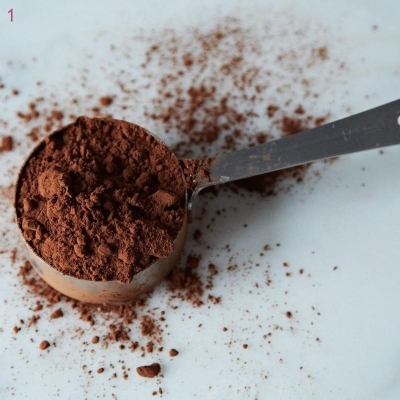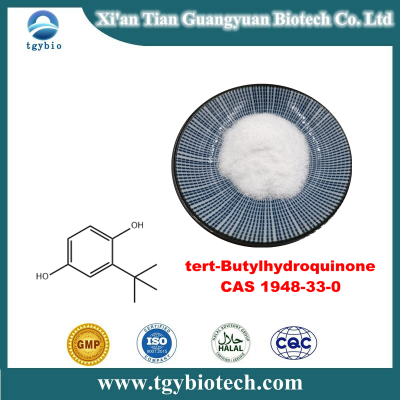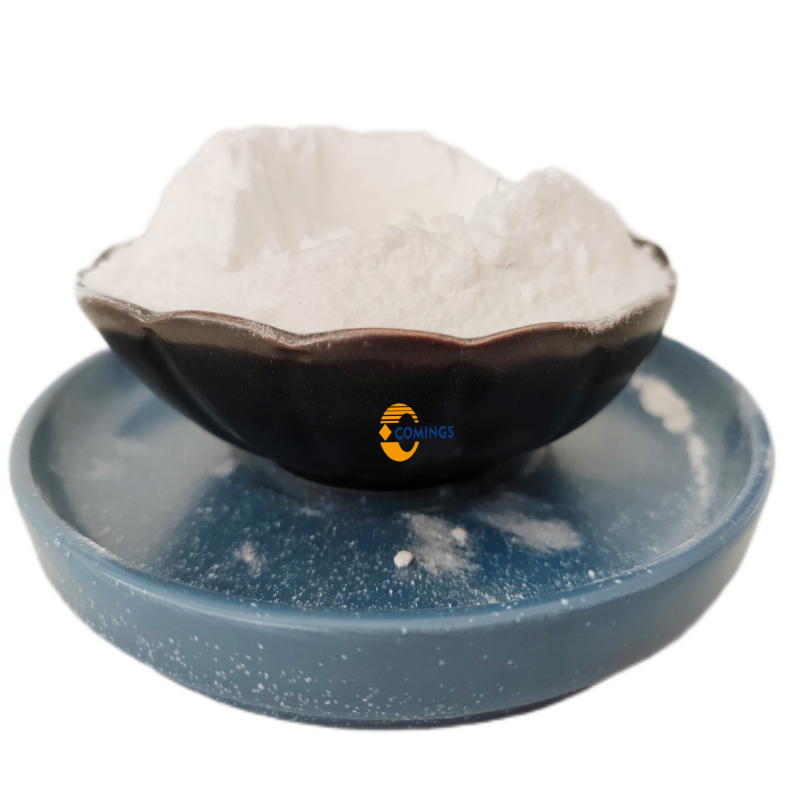-
Categories
-
Pharmaceutical Intermediates
-
Active Pharmaceutical Ingredients
-
Food Additives
- Industrial Coatings
- Agrochemicals
- Dyes and Pigments
- Surfactant
- Flavors and Fragrances
- Chemical Reagents
- Catalyst and Auxiliary
- Natural Products
- Inorganic Chemistry
-
Organic Chemistry
-
Biochemical Engineering
- Analytical Chemistry
-
Cosmetic Ingredient
- Water Treatment Chemical
-
Pharmaceutical Intermediates
Promotion
ECHEMI Mall
Wholesale
Weekly Price
Exhibition
News
-
Trade Service
Recently, a research team at Tufts University in the United States found that the catechins contained in green tea and resveratrol in red wine can inhibit the growth
of β-amyloid plaques in the brain.
When this protein accumulates in the brain, it destroys nerve cells, leading to signs of Alzheimer's disease, such as memory loss and confusion
.
The study has been published in the journal Free Radical Biology and Medicine
.
The researchers initially identified 5 compounds
that are effective in preventing plaque aggregation.
In addition to the green tea compound and resveratrol, the other 3 compounds are curcumin in turmeric root, metformin, a diabetes drug, and a compound
called citicoline.
They are both effective in inhibiting plaque aggregation in the brain without side effects
.
In the final phase of the study, green tea catechins and resveratrol showed strong potency
.
After a week of use, the plaque disappears after the initial screening of the compound
.
According to the study authors, catechins are molecules in tea that have antioxidant properties
.
Previous studies have suggested that it could be used to treat cancer
.
At the same time, scientists are also using resveratrol for anti-aging treatments
.
In addition to red wine, grapes, blueberries, cranberries, peanuts, pistachios and cocoa beans are also rich in resveratrol
.
Scientists say that in the future, the bioavailability of these compounds will be further tested, that is, the extent to which the human body or blood can absorb them
.
In addition, it is unknown whether they can pass through the cerebrovascular barrier, which is one of the key factors in the
treatment of Alzheimer's disease.
(Source: Life Times)
China Food News(Version 03, December 07, 2022)
(Responsible editor: Han Songyan).







